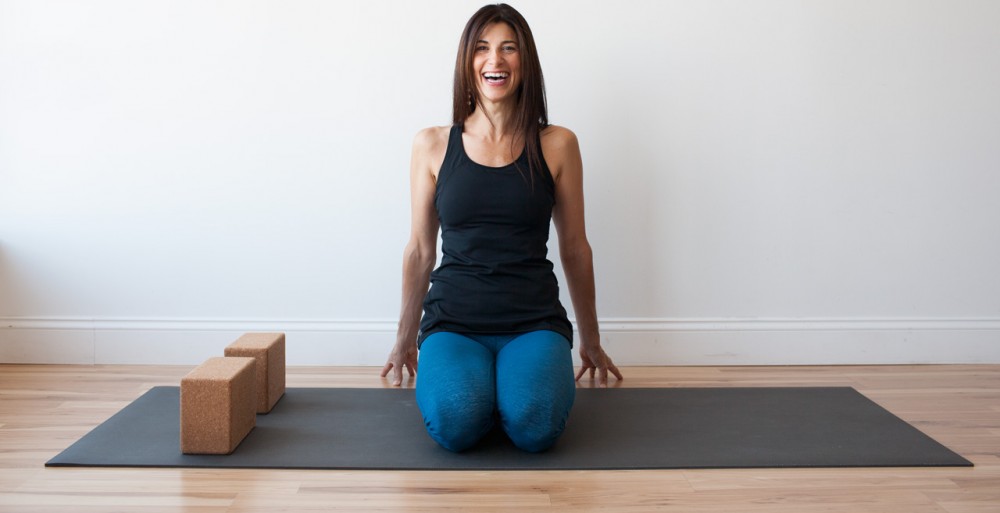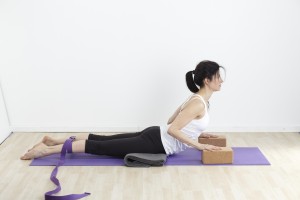Yoga Therapy moment
BHUJANGASANA (cobra pose)
Yoga Therapy For The Solar Plexus
Using time on the mat to open to who you actually are gives great feedback to your mind, body, spirit. This shift in perception will transform your practice into a truly therapeutic one which is ultimately healing for you.
I taught this asana to someone today who came in after a week of feeling “tied up in knots”. She acknowledged that there was a particularly large accumulation of stored tension in what felt like a knot at “the solar plexus. This person’s week was wrought with job related anger, frustration, plus the daily routine of home and family. She is also someone who does little backbending, as many of us, being seated all day and since she is also rather new to Yoga I reached out to one of the classic poses, cobra – Bhujangasana.
Simple, yet complex, this mild to strong backbend has many benefits including:
- Strengthens the spinal column
- Stretches chest and lungs
- Stretches the abdomen and stimulates the organs in the abdominal cavity
- Stabilizes the shoulders, and abdomen
- Firms the buttocks
- Helps relieve stress especially emotional/digestion issues and fatigue
- ‘Opens’ the heart by energizing the area
- Soothes sciatica (if done with this in mind, such as with the strap around lower limbs)
- Therapeutic for asthma
- Traditional texts say that this posture increases body heat, destroys disease, and awakens kundalini.
Shown here, this posture could certainly stabilize the SI and shoulder joints. The belt is looped around the lower legs so that the heels and sitting bones are in alignment. The blocks under the hands are used to ‘seat’ the shoulder blades on the back, thus providing much freedom for the neck, and release for tight upper trapezius. The blanket helps cushion the hips and gives just the right amount of lift to maintain the frontal spinal alignment and a backbend that is distributed equally through all segments.
Sometimes trying a pose that you do regularly with a few well-placed props gives you such great feedback that you may do it differently from there on out; even the most well intentioned of us can overdo with ego driven “I can do it” mentality. Not worth it. You have a lifetime to practice in, so use time on the mat to open to who you actually are. This honesty and acceptance is transformational. This shift in perception will transform a posture done with an exercise orientation into a trully therapeutic and healing one. You can do my Chakra Balancing Meditation at the end of your session to refresh your entire system. Note that you need to warm up and do counterposes to stay safe.
How to move into the pose:
- If you are using a strap, it is easiest to stand on your knees, reach back and slide the belt up to the shins, then stretch out on tummy.
- Press the tops of the feet and thighs and the pubis firmly into the floor, a blanket under the hips helps establish symmetry.
- If you are using the blocks, they should be positioned such that the shoulders seat on the back. On an inhalation, begin to press the hands into the blocks so that the shoulders are stable, then visualize a zipper running from the front of the spine all the way up the and another one running from the crown of the head down the spine. Only lift the chest off the floor to the height at which you can maintain a lengthening. Avoid the tendency to push the front ribs forward, but do allow the sternum to stretch up. Firm but don’t harden the buttocks.
- Distribute the backbend evenly throughout the entire spine.
- Hold the pose anywhere from 15 to 90 seconds, breathing easily. Release back to the floor with an exhalation.


